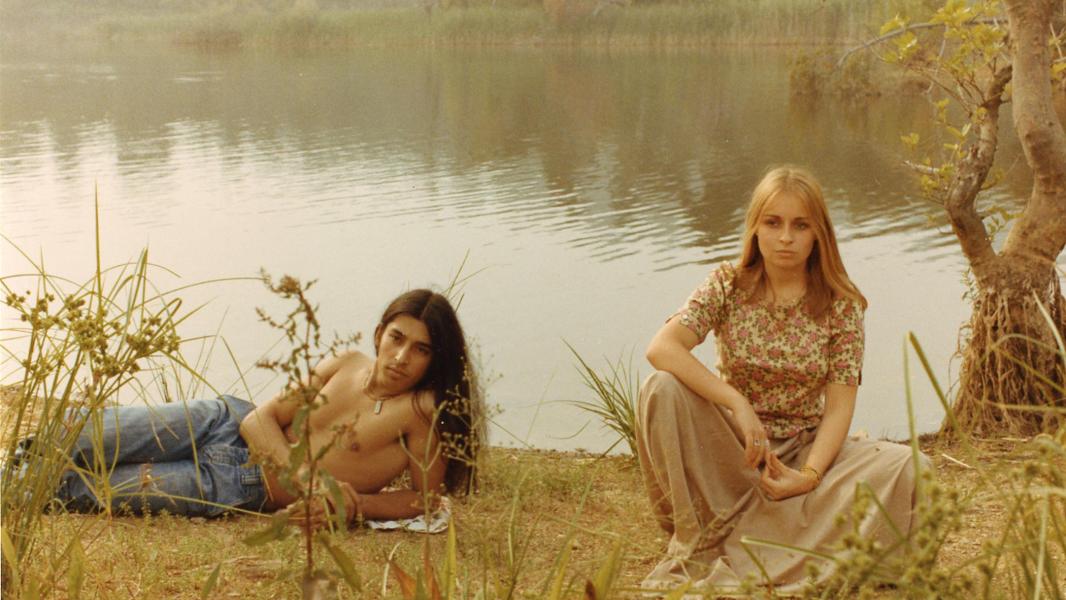
english below
FILM + PANELGESPREK
De film focust op de verstrengelde levens van twee vrouwen in het Frankrijk van de 70s, toen de vrouwenbeweging op hoge toeren draaide. Pauline en Suzanne ontmoeten elkaar wanneer de ene vrouw de andere helpt om een illegale abortus te plegen bij een derde zwangerschap. Ze verliezen contact, maar zien elkaar tien jaar later weer met Pauline – nu bekend als ‘Pomme’ – als zangeres en Suzanne als maatschappelijk werker. Ondanks hun verschillen blijven ze vrienden en delen ze de hoogtes en laagtes van elkaars leven.
“Varda's title is a perfect one (and even more melodic in French: L’une chante, l’autre pas). Here we have them, she says: Two women, friends, and one sings and the other doesn't, but they’ll remain friends and sisters for all of their lives. (…) and what Varda's doing, in a sneaky way, is making her case for feminism in a lyric voice instead of a preachy one.”
★★★★ Roger Ebert
De film wordt ingeleid door Girls On Film. Na de vertoning gaan De Cinema, Ursula Collectief, Wanda, Studio Sarab en Girls on Film met elkaar in gesprek tijdens een live opname van de Girls on Film-podcast. Elk collectief stelt zichzelf voor en reflecteert op het belang van vrouwenbewegingen, sisterhood en representatie als afsluiter van SPOTLIGHT ON WOMXN DIRECTORS 2025.
Welke parallellen zijn er tussen de film en de hedendaagse strijd voor gendergelijkheid? Hoe kunnen vrouwen elkaar vandaag beter ondersteunen? Wat is de rol van kunst, performance en film als middel voor sociale verandering? Daarnaast wordt stilgestaan bij vrouwelijke representatie in cinema en Agnès Varda’s genuanceerde feministische blik. Welke hedendaagse filmmakers zetten haar nalatenschap voort? Het panelgesprek zoekt niet alleen naar een dieper begrip van L’une chante, l’autre pas, maar ook naar de relevantie ervan vandaag.
ENG
The film is in French with English subtitles
The film focuses on the intertwined lives of two women in 1970s France, when the women's movement was on high alert. Pauline and Suzanne meet when one woman helps the other to have an illegal abortion on a third pregnancy. They lose touch, but see each other again a decade later with Pauline - now known as ‘Pomme’ - as a singer and Suzanne as a social worker. Despite their differences, they remain friends and share the highs and lows of each other's lives.
“Varda's title is a perfect one (and even more melodic in French: L’une chante, l’autre pas). Here we have them, she says: Two women, friends, and one sings and the other doesn't, but they’ll remain friends and sisters for all of their lives. (…) and what Varda's doing, in a sneaky way, is making her case for feminism in a lyric voice instead of a preachy one.”
★★★★ Roger Ebert, RogerEbert.com



